Category Featured, News
Tags: Indonesia child labor, Indonesia economy, Indonesia poverty

Still in her uniform, a girl sells newspapers after school in Solo, Central Java. High levels of poverty mean child labor remains widespread in Indonesia. (JG Photo/Ali Lutfi)
The government is aiming to put an end to child labor practices by 2020 through the implementation of a child labor elimination program, Manpower Minister Muhaimin Iskandar said at a press conference on Sunday.
Muhaimin said the program was primarily aimed at ensuring that children from very poor households, or RTSM, between the ages of 7 and 15 years were taken out of the workforce and given the opportunity to pursue formal education by going to school.
The minister emphasized that the program would focus especially on children in the worst areas of child labor and the most dangerous situations, such as indentured labor, prostitution, pornography, gambling, the drug trade and other high-risk work.
The Manpower Law, which prohibits these types of work, also sets the minimum age for work at 15, and the minimum age for hazardous work at 18.
Part of the reason children are working is the low income for millions of Indonesian households across the country. Government data as of September 2012 showed that 28.59 million people were living in poverty, with income at less than $1 a day.
The International Labor Organization estimates 3.2 million children between the ages of 10 to 17 years old in Indonesia are engaged in employment, with some in the worst forms of child labor.
Muhaimin said that since 2008, 32,663 children had been rescued from child labor practices and returned to education.
This year, the government is setting a target of working to remove 11,000 children from the labor force across Indonesia.
According to Muhaimin, the Child Labor Elimination Program (PPA) will be implemented across 21 provinces and 89 cities or districts in Indonesia, with the assistance of 503 mentors in 366 shelters.
With the elimination program, child laborers will be removed from their workplaces and temporarily placed in shelters in order to undergo a special mentoring program for a duration of four months, during which they will also get a monthly allowance of Rp 250,000 ($25.50).
“After undergoing the program, a child will be returned to formal education, whether that be elementary, middle school, high school or to an Islamic boarding school,” the minister said.
The Manpower Ministry also intends to educate parents and businesses about laws on child protection and manpower, including the Child Protection Law.
“Businesses and parents need to be aware that the Child Protection Law prohibits child labor practices. Parents who insist on forcing their children to work face criminal charges,” Muhaimin said.
The implementation of this program will be conducted in partnership with other government institutions, labor unions, business associations and nongovernmental organizations focused on child issues.
